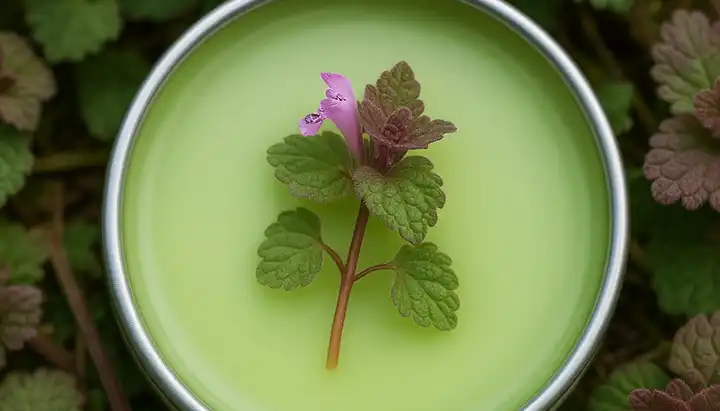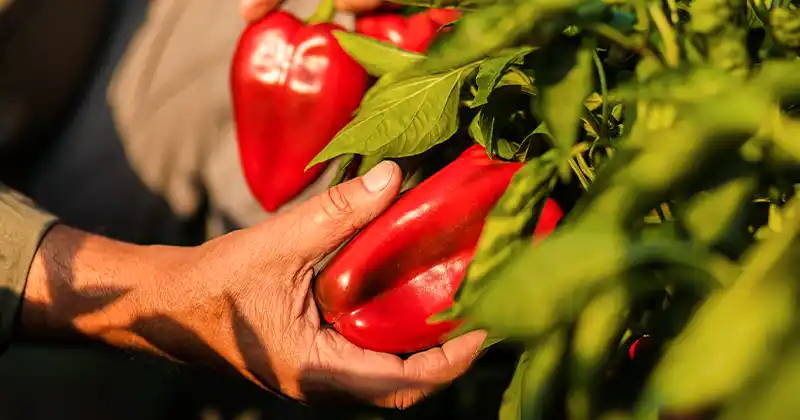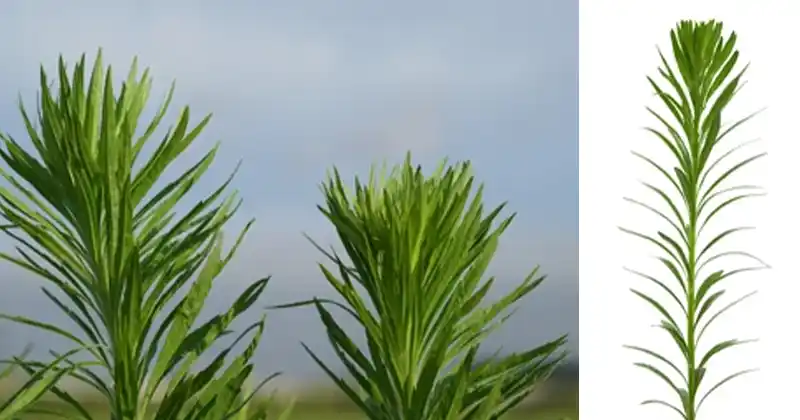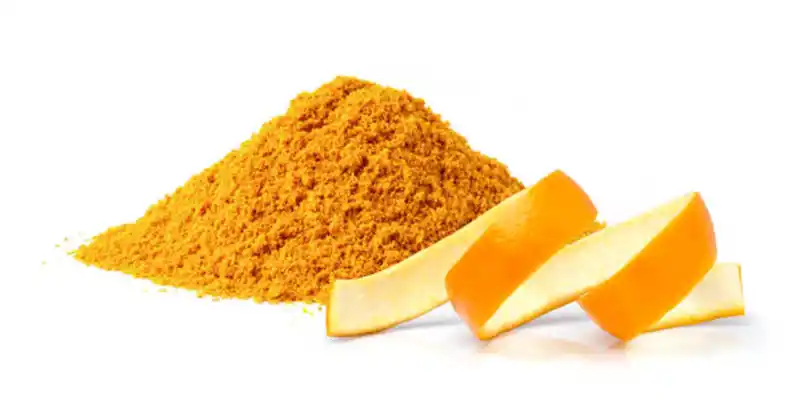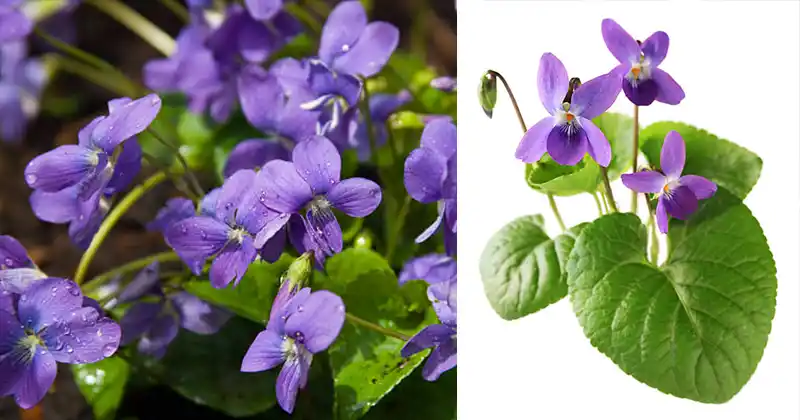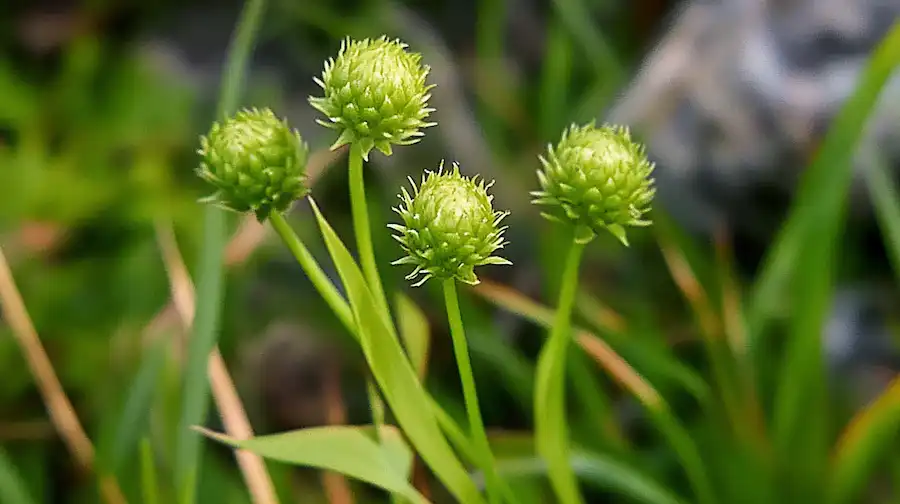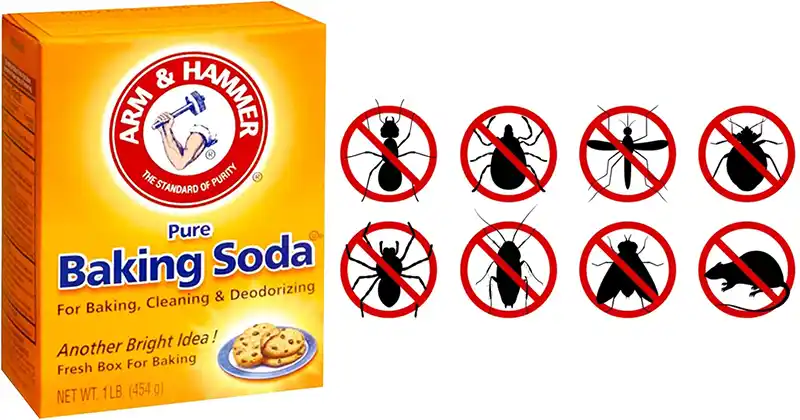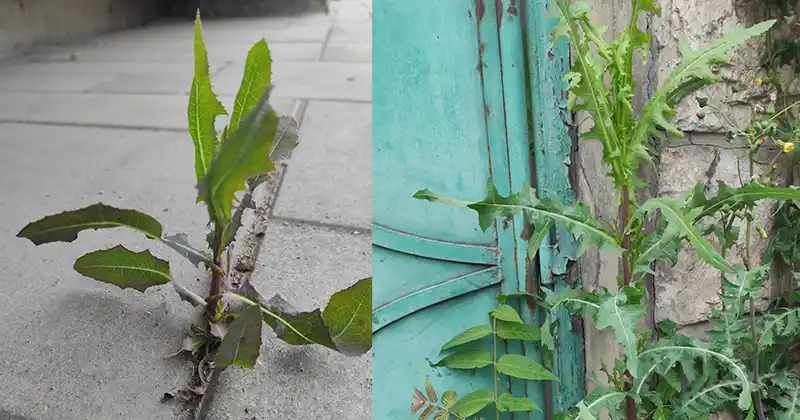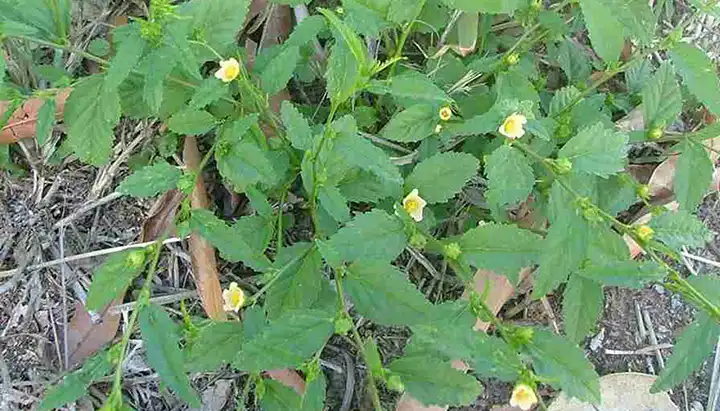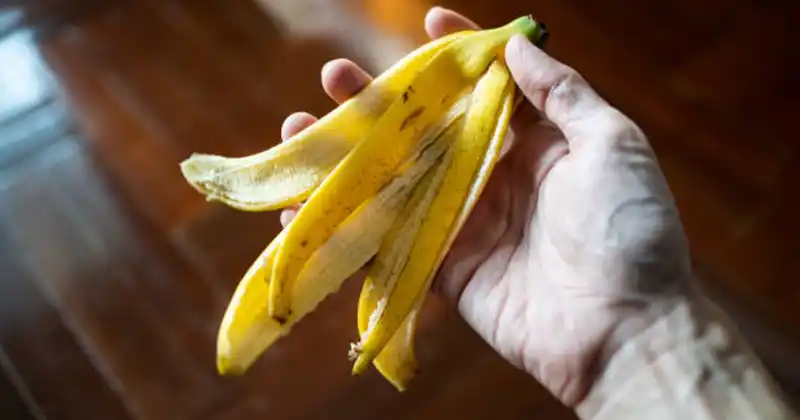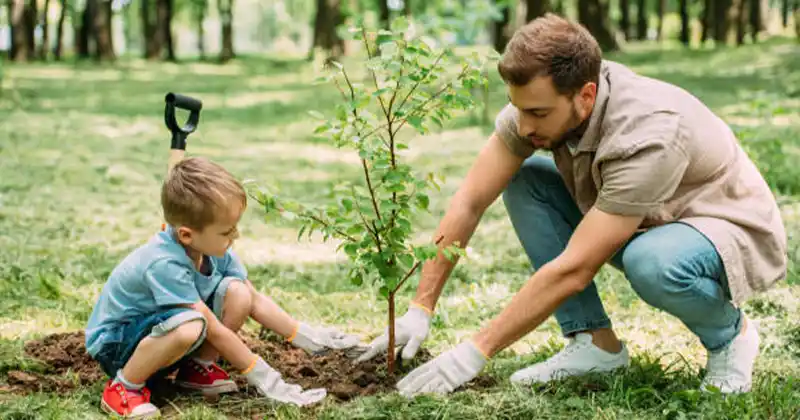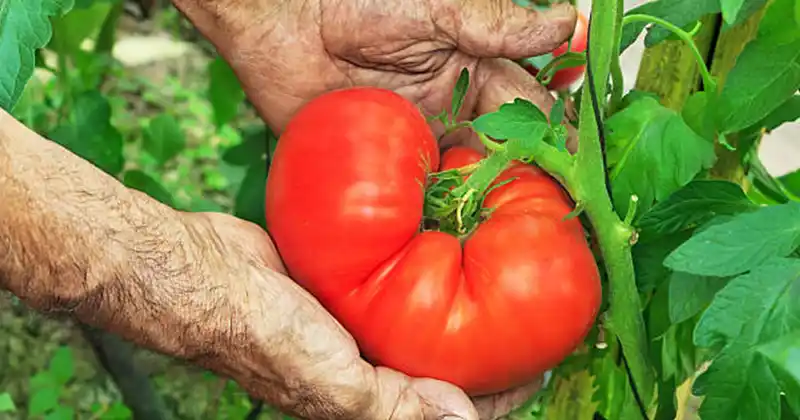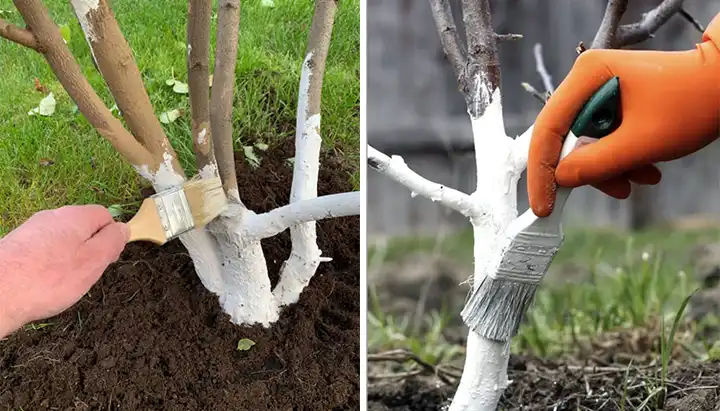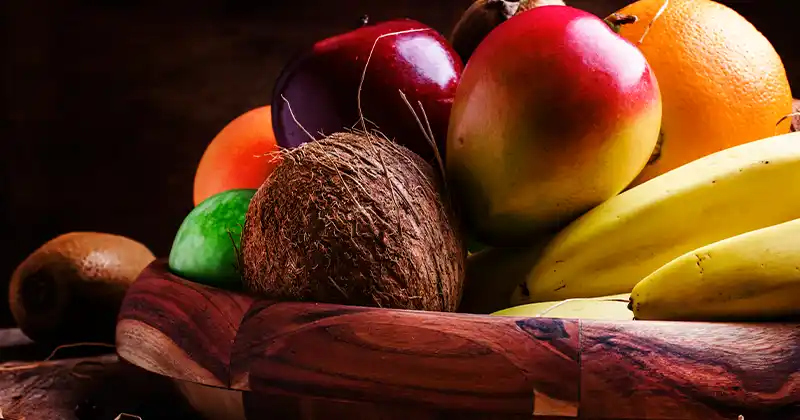11 Weird Gardening Tips to Try This Year
Gardening enthusiasts are always exploring innovative methods to boost their garden’s productivity. Here are 11 unusual yet effective gardening tips to experiment with:
1. Fish Scraps as Fertilizer:
- Utilize fish scraps, such as heads and bones, as natural fertilizers buried deep under plants to provide nutrients without attracting pests.

2. Straw Bale Gardening:
- Plant directly into straw bales, especially suitable for areas with poor soil. This method is convenient for those with back problems or limited space.
3. Homemade Watering Can:
- Create a DIY watering can by poking holes in a gallon bottle’s cap, offering customizable water pressure for your plants.
4. Vinegar as Weed Killer:
- Employ vinegar as an eco-friendly weed killer to eliminate weeds without harming the environment.
5. Wine Bottle for Slow Watering:
- Turn a wine bottle into a slow-release watering system by filling it with water, adding holes to the cap, and placing it upside down in the soil.

6. Growing Food from Kitchen Waste:
- Regrow food from kitchen scraps, transforming waste into valuable garden produce.
7. Plastic Forks to Deter Animals:
- Keep animals away by planting plastic forks with tips pointing out, creating a barrier without harm.
8. Fight Mold with Cinnamon:
- Sprinkle cinnamon on the soil as a natural antimicrobial agent to combat mold in both indoor and outdoor gardens.
9. Diapers for Moisture Retention:
- Place diapers at the container’s bottom to retain moisture, especially beneficial during hot weather.
10. Eggshells as Calcium Source:
- Crush eggshells and add them to compost for a calcium boost. Note that it takes time for the shells to break down and release nutrients.

11. Popsicle Sticks for Plant Labels:
- Use popsicle sticks as simple and changeable plant markers in your garden.
Experimenting with these creative techniques, from household items to traditional practices, can contribute to a more productive and environmentally friendly garden. Gardening success often involves adapting methods to suit the specific conditions of your garden.
Inspired by this? Share the article with your friends!